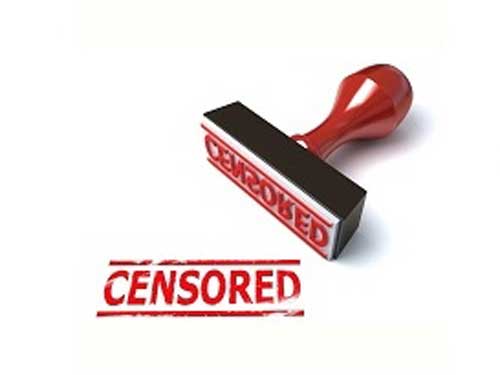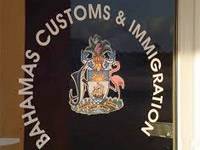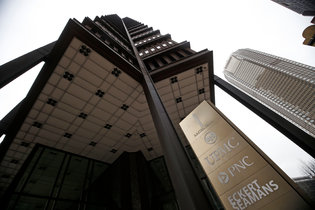 The Grenada parliament recently passed legislation to punish people with hefty fines and/or lengthy jail terms for what is termed “offensive online comments”.
The Grenada parliament recently passed legislation to punish people with hefty fines and/or lengthy jail terms for what is termed “offensive online comments”.
However, the expression “offensive” is referred to in vague and broad terms, leading many people, especially journalists, to fear that anything could be regarded as offensive by the New National Party (NNP) government led by Prime Minster Dr Keith Mitchell who, following general elections in February, currently enjoys control of all 15 seats in the lower house of parliament.
Mitchell has a long history of using the law to prosecute and/or otherwise intimidate local and international media and journalists in attempts to suppress unfavourable reporting.
Now, according to the new law, complaints about offensive comments would be filed with police. A judge would then decide if the message was offensive. Those found guilty could be fined up to $37,000 or face three years in prison.
“We have problems when some use the technology to engage in mischief,” said Legal Affairs Minister Elvin Nimrod. “We have to put structures in place to ensure that persons and, in some cases, companies and characters are not tarnished.”
“A person will be able to take that evidence of the posting and use it as evidence in the court,” Nimrod added. “People have to act responsibly to others.”
Although the law is the first of its kind in the Caribbean, other countries have been talking about policing online social media content.
In April, Attorney General Allyson Maynard-Gibson announced that The Bahamas government was working on legislation that will police information posted on the internet.
“I don’t think anyone ever anticipated the impact of social media and how powerful it is,” Maynard-Gibson said.
“Cyberspace isn’t going anywhere, so it’s a 21st century issue and in conjunction [with] jurisdictions around the world we will be bringing in place and we are working on it right now, what our laws need to be, based upon internationally accepted standards. We have to balance freedom of the press with protecting the public,” she added.
Earlier in April, Bahamas Commissioner of Police Ellison Greenslade warned that the police would press charges against people who post “lewd” or “obscene” pictures on social media websites.
In Grenada, other Caribbean nationals living and working in Grenada have expressed concern over the new law and it is like that regional leaders and media associations will be drawn into the debate.
One regional journalist working in Trinidad has already called upon that country’s Prime Minister Kamla Persad-Bissessar to “take a stand for Trinidad and Tobago nationals everywhere” in relation to the “negative impact … of this draconian law” in Grenada.
“This infraction of the Grenada constitution by the Grenada government is an imposition on Grenadians, Trinidad and Tobago nationals and the online community … and a serious infringement on the rights and freedom of speech of a people,” the journalist continued, adding “Usually media associations locally, regionally and internationally take up these fights. But it will most certainly be an unprecedented, refreshing and welcome move to see another government stand with the people of Grenada and the online audience in getting the Grenada government to rethink and review this archaic law.”
Persad-Bissessar was reminded that she recently joined with the International Press Institute (IPI) and the Association of Caribbean Media Workers (ACM) in promising support for freedom of speech for all Trinidad and Tobago nationals, especially in the media.
By Caribbean News Now!



